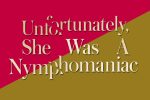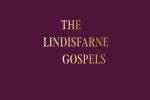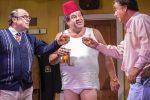The Traitors by Josh Ireland – Review
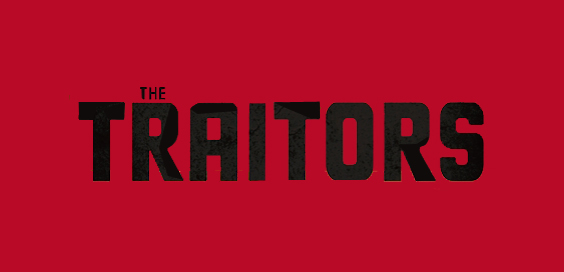
By Rachael Popow
We’re used to hearing stories about British heroism during the Second World War – just look at the recent Oscar nominations for Dunkirk and Darkest Hour.
But there’s also something grimly fascinating about those Brits who didn’t cover themselves with glory, instead finding themselves on the wrong side of history. While many of those who flirted with fascism during the 1930s or argued for appeasement could later claim that they didn’t know the full horror of the Nazi regime, Josh Ireland’s book The Traitors tells the stories of four men who aligned themselves with the Third Reich long past the point of no return. He explores what drove them to betray their country, and finds that their motives ranged from political idealism to opportunism and a rather self-interested form of pacifism.
The most infamous of the quartet is William Joyce, aka Lord Haw Haw, a former member of the British Union of Fascists who moved to Germany in 1939 and made propaganda broadcasts for the Nazis.
“Shocking nature of their actions”
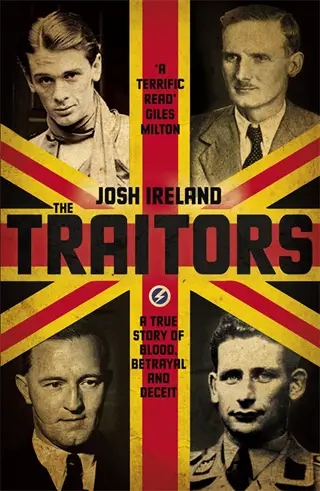 While his name may be the most familiar, as Ireland points out, it’s hard to quantify what, if any effect, he had on the British war effort. However, one of the other men profiled, Harold Cole, can be shown to have blood on his hands. He was a criminal who initially seemed to have found some sort of redemption working with the French Resistance, helping to establish escape routes, only to then betray his former comrades.
While his name may be the most familiar, as Ireland points out, it’s hard to quantify what, if any effect, he had on the British war effort. However, one of the other men profiled, Harold Cole, can be shown to have blood on his hands. He was a criminal who initially seemed to have found some sort of redemption working with the French Resistance, helping to establish escape routes, only to then betray his former comrades.
The remaining men are John Amery, who despite being the son of one of Churchill’s cabinet ministers, tried to persuade British Prisoners of War to fight for the Nazis – he largely failed, but bodybuilder Eric Pleasants was one of the very few who later signed up for the ‘force’ that became known as the British Free Corps.
Ireland writes this non-fiction book like a thriller, and while he doesn’t shy away from the shocking nature of their actions, he does explore the psychological toll that their betrayal took on them. He suggests that although Amery and Joyce in particular may have gained status and perks, their willingness to turn their backs on their own countries stigmatised them even in the Nazis’ eyes.
“A compelling read”
There’s also a sense that all of the men grew more desperate and self-destructive as the war progressed, especially when it became clear that the Allies were going to win – and they were going to be held to account.
For three of the men, the conclusion would come quickly after the war ended, and this section of the book does feel a little rushed. Ireland makes an interesting claim that some of the most vehement calls for Joyce’s head came from those who may have wanted to make a distinction between their own pre-war, pro-Hitler sympathies and his treachery, but this isn’t fully explored.
It might have been interesting to hear more about how these sentiments impacted on Joyce’s trial, where the defence rested on the intriguing argument that the American-born Joyce, who had lied about his birthplace on his passport application, couldn’t have betrayed a country he was never technically a citizen of.
However, it remains a compelling read about an aspect of the war that is often overlooked but still has lessons for us about the dangers of fascism.
‘The Traitors’ by John Ireland is published by John Murray, £20 hardback

